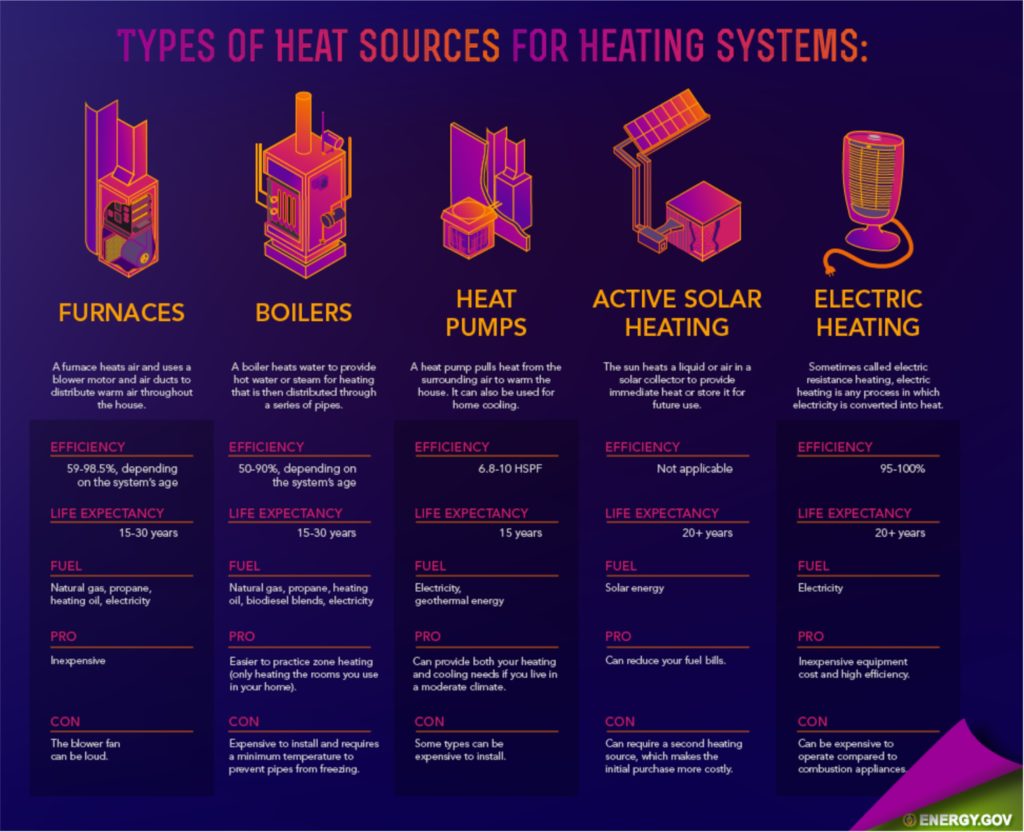
Benefits of Regular Maintenance for Heating Systems
Regular maintenance of heating systems is an important part of ensuring a comfortable and efficient home and avoiding a costly call to a professional furnace repair service later. By taking the time to perform regular maintenance, homeowners can reap many benefits, ranging from improved energy efficiency and extended system life to enhanced safety. One key benefit of regular heating system maintenance is increased energy efficiency. During routine inspections, technicians can identify worn parts or other issues that may be causing the system to use more energy than necessary. Replacing these components can help reduce energy bills throughout the year. Additionally, this kind of inspection provides the opportunity to clean or adjust parts as needed which can further improve efficiency. Another advantage of regular heating system maintenance is longer system life expectancy. Routinely inspecting and servicing a system helps ensure that any looming problems are identified early on so they don't develop into expensive repairs down the road. This type of preventive care also helps make sure all parts are functioning properly which greatly reduces wear-and-tear over time. Finally, having a professional inspect your heating system regularly can also increase its
read more:max_bytes(150000):strip_icc()/repair-technician-removing-furnace-service-panel-184098744-2c3013252b2f44eb82b6a89f13562d33.jpg)
3. Make sure the blower motor panel is shut
In between professional furnace tune-ups, follow these tips to keep your furnace running strong. Keep your blower motor bearings lubricated throughout the season. If your heating system uses oil cups, you should add about 3 drops of oil per year to ensure lubrication. (however, a lot of new motors have permanently sealed bearings and do not need oiling. )check your blower unit regularly and free it of any dirt. You can do this by vacuuming the furnace periodically. When you do this, make sure you shut off the circuit breaker beforehand. Along with cleaning your furnace, you can also test any exposed ductwork joints for air leaks. While furnaces can make your home warm and toasty, a system that won’t shut off is a problem, too. If it seems like your furnace is always running, here are a few issues that could be to blame for this common heating problem: thermostat problems. If your heating system isn’t turning off, your thermostat may not be communicating properly with your furnace or heat pump, causing the system to stay engaged in a heating cycle. Thermostat wiring may need to be repaired, or the system may need to be replaced. Limit
read more
Types of Home Heating Systems (2023 Guide)
One of the most common types of heating systems is the forced-air or central heating system. The furnace heats air and delivers it into the entire house through the ducting system along with the vents and registers. A standard forced-air system uses one central thermostat to control the temperature of the whole house. If you have a home with multiple levels, the upper rooms are often warmer than the lower ones. In addition, if you have unoccupied or unused rooms, the forced air system still sends heat into those rooms. As a result, it wastes energy and money. From november to march, the temps in kansas city hover around freezing. There are so many different types of home heating and cooling systems that it can feel overwhelming when researching your next home upgrade. Heating your home is the costliest utility expense for homes in north america making up about 30 percent of all utilities paid annually. Luckily, maintaining and replacing old equipment with newer energy-efficient models can help decrease these costs significantly. Shopping for a new heating system is also an opportunity to reduce your home’s carbon footprint for the next 15 or 20 years by switching from fossil
read more
How Much Does An AC Leak Repair Cost In 2023?
Instead of having a single unit that distributes heat to the entire house, there are individualized units that control the heating. Needless to say, this heating system allows individual control of temperature in different areas. This feature ensures that heating costs are kept to a minimum, especially when you have to warm up an area with massive square footage. What about heating systems for your floors? let’s review together this guide on things to know for a floor heating system at home. Advantages of decentralized heating: individual temperature control for separate areas. Highly practical for large spaces. Easy and localized repair possible. Electric radiant systems typically operate on a timer. If not, they operate via a thermostat, which causes them to activate whenever the floor temperature reaches or dips below a certain preset minimum. In limited applications, electric systems tend not to run up the energy bill. But if an electric system were installed throughout the home and relied upon as the primary heat source, it would cost a fortune. Put another way, electric radiant systems are affordable so long as they are used as intended, as a means of warming otherwise uncomfortably cold flooring. Hydronic radiant systems, meanwhile, can
read more